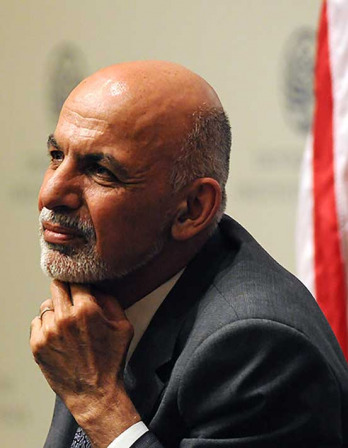I wants to make your flesh creep.
—Charles Dickens, 1837Love Lost
“Our republic we have lost forever.”
When foreign nations were oppressed and ruined, we saw a model of Marseilles carried in a triumphal procession, to serve as proof to the world that the supremacy of the people had been forfeited.
I might mention many other outrages against our allies. Justly, therefore, are we being punished. For if we had not allowed the crimes of many to go unpunished, so great license would never have centered in one individual. His estate descended by inheritance to but a few individuals, his ambitions to many scoundrels. And never will the seed and occasion of civil war be wanting, so long as villains remember that bloodstained spear and hope to see another.
And so in Rome only the walls of her houses remain standing—and even they wait now in fear of the most unspeakable crimes—but our republic we have lost forever. It is while we have preferred to be the object of fear rather than of love and affection that all these misfortunes have fallen upon us. And if such retribution could overtake the Roman people for their injustice and tyranny, what ought private individuals to expect? And since it is manifest that the power of goodwill is so great and that of fear is so weak, it remains for us to discuss by what means we can most readily win the affection, linked with honor and confidence, which we desire.

Marcus Tullius Cicero
From On Duties. Born in Arpinum in 106 BC, Cicero was educated in Rome and in Greece, served in the military in 89 BC, and made his first public defense in 81 BC. Neither his skill as an orator nor his republican political views made him popular with the Second Triumvirate; the year after completing this volume on moral responsibility, Cicero was murdered by agents of the state. His severed head was displayed in the forum.


